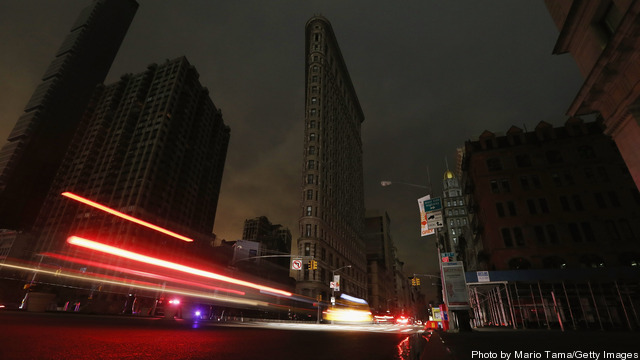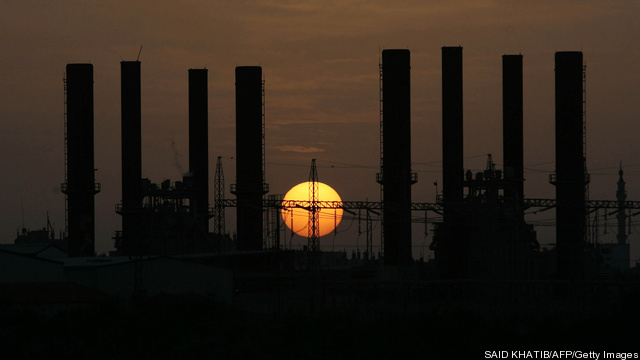
The multi-million dollar oil drilling rig named Kulluk that ran aground offshore Alaska on New Year’s Eve has been deemed stable enough to tow out of Kiliuda Bay to Dutch Harbor. The Kulluk will be brought to a purpose-built dock from which it can be safely prepared for “dry-tow transit to Asia” for repairs.
“The completion of the damage assessment revealed that the inner hull of the Kulluk was not breached and that all fuel tanks remain intact. The outer hull did receive damage as expected with a vessel being aground during adverse weather. In addition, the Kulluk encountered water damage to its superstructure which resulted in damage to technical equipment and a breach of windows and hatches. Over the past few weeks, all damaged windows and hatches on the Kulluk’s main deck have been secured, and where necessary, temporary steel structures have been put in place to ensure that the vessel is weather tight and prepared for the tow,” according to an update issued by the Unified Command in charge of the operation. Keep reading →









